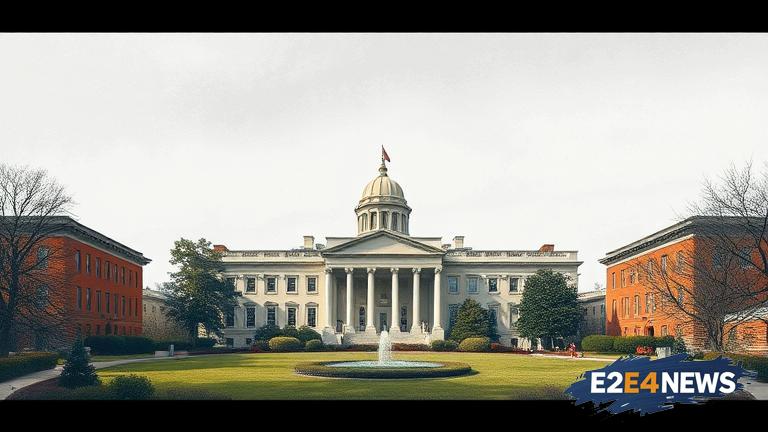A recent hearing has brought to light the ongoing case between Harvard University and the federal government, with the institution’s federal funding hanging in the balance. The case centers around allegations of discrimination against Asian American applicants in the university’s admissions process. The hearing, which took place in a federal court, saw both sides present their arguments and evidence. Harvard University has maintained that its admissions process is fair and does not discriminate against any particular group. However, the plaintiffs in the case argue that the university’s use of a ‘personal rating’ system, which assesses an applicant’s personality, has a disproportionate impact on Asian American applicants. The system, they claim, is subjective and can be influenced by biases. The federal government has also weighed in on the case, with the Department of Justice filing a brief in support of the plaintiffs. The government argues that Harvard’s admissions process violates Title VI of the Civil Rights Act, which prohibits discrimination on the basis of race, color, or national origin. Harvard University has countered that the government’s involvement is unwarranted and that the case is a matter of academic freedom. The university’s president has stated that the institution is committed to diversity and inclusion, but that it must also be allowed to make its own decisions about admissions. The case has sparked a national debate about affirmative action and the role of race in college admissions. Many have argued that the case has the potential to impact not just Harvard, but also other universities and colleges across the country. The hearing has also highlighted the complexities of the admissions process and the challenges of creating a fair and inclusive system. As the case moves forward, it is likely that the issue will continue to be contentious, with both sides presenting their arguments and evidence. The outcome of the case is far from certain, but one thing is clear: the fate of Harvard’s federal funding hangs in the balance. The university receives hundreds of millions of dollars in federal funding each year, and a loss in the case could have significant financial implications. The case is also being closely watched by other universities and colleges, which could be impacted by the outcome. In addition to the financial implications, the case also has the potential to impact the diversity and inclusion efforts of universities across the country. The use of affirmative action policies has been a topic of debate for many years, and the outcome of this case could have significant implications for these policies. The case is a reminder that the issue of diversity and inclusion in higher education is complex and multifaceted, and that there are no easy solutions. As the case moves forward, it is likely that the debate will continue, with both sides presenting their arguments and evidence. The outcome of the case will be closely watched by universities, colleges, and the general public, and will have significant implications for the future of higher education.
